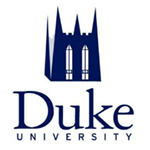
Duke University, North Carolina, United States
- Durham, NC 27708, USA
- https://www.duke.edu/
- [email protected]
Rankings
QS: |
#17 |
TIMES: |
#16 |
US News: |
#25 |
QS: |
#18 |
TIMES: |
#14 |
US News: |
#18 |
ARWU: |
#14 |
QS: |
#17 |
TIMES: |
#14 |
US News: |
#23 |
QS: |
#13 |
TIMES: |
#14 |
ARWU: |
#19 |
QS: |
#13 |
TIMES: |
#13 |
US News: |
#17 |
ARWU: |
#20 |
QS: |
#13 |
TIMES: |
#13 |
US News: |
#16 |
ARWU: |
#20 |
QS: |
#13 |
TIMES: |
#13 |
US News: |
#16 |
ARWU: |
#20 |
Video
About Institution
Duke University in Durham, N.C., traces its origins to 1838, when Methodist and Quaker families in rural Randolph County employed Brantley York as a permanent teacher for their subscription school. Under his leadership, the infrequently-used Brown's Schoolhouse became Union Institute. However, as Quaker support turned toward its own school in Guilford County, Braxton Craven (York's successor as principal in 1842) turned to the state for assistance. Craven sought and won from the North Carolina legislature a rechartering of the academy as Normal College in 1851 and the privilege of granting degrees in 1853.
Because the state's public school system was emerging slowly, Craven, a licensed and later-ordained preacher, turned to the Methodist Episcopal Church, South to keep the school operating. The trustees agreed to provide free education for Methodist preachers in return for financial support by the church, and in 1859 the transformation was formalized with a name change to Trinity College. Though never devoid of financial difficulties, Trinity's enrollment increased, even attracting students from out of state, and the college managed to survive the vicissitudes of Civil War and Reconstruction.
Campus
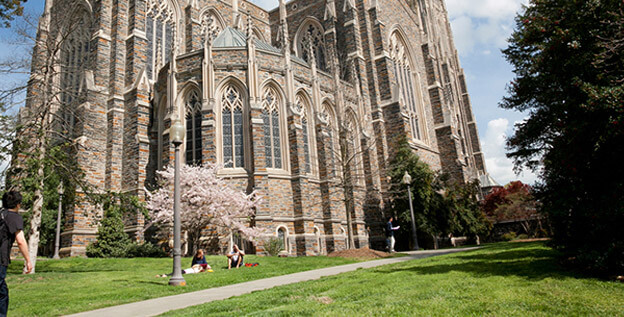
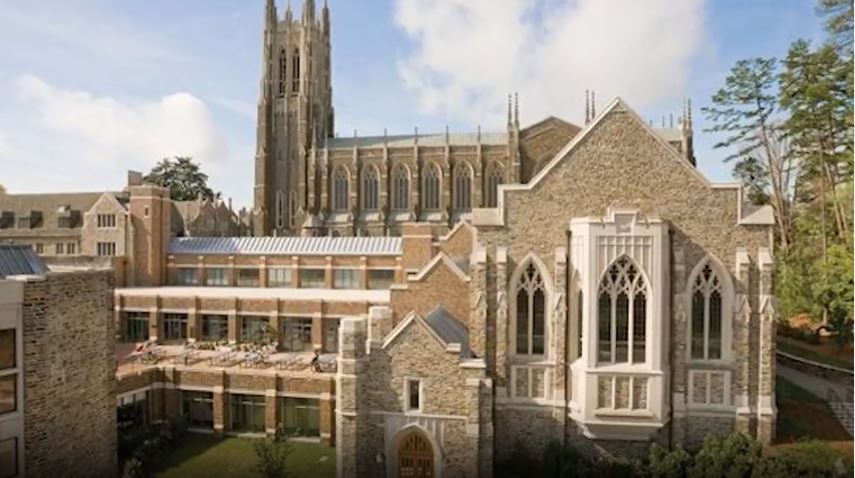
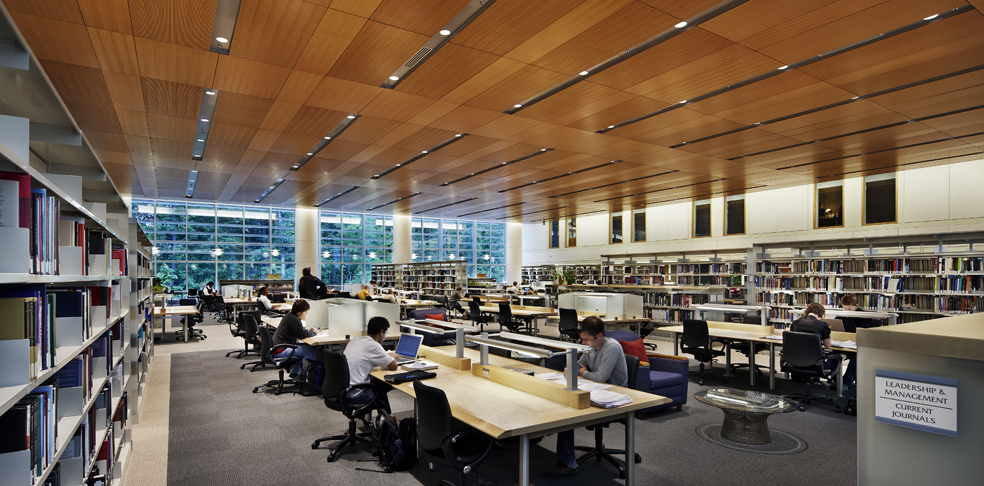
Similar Universities
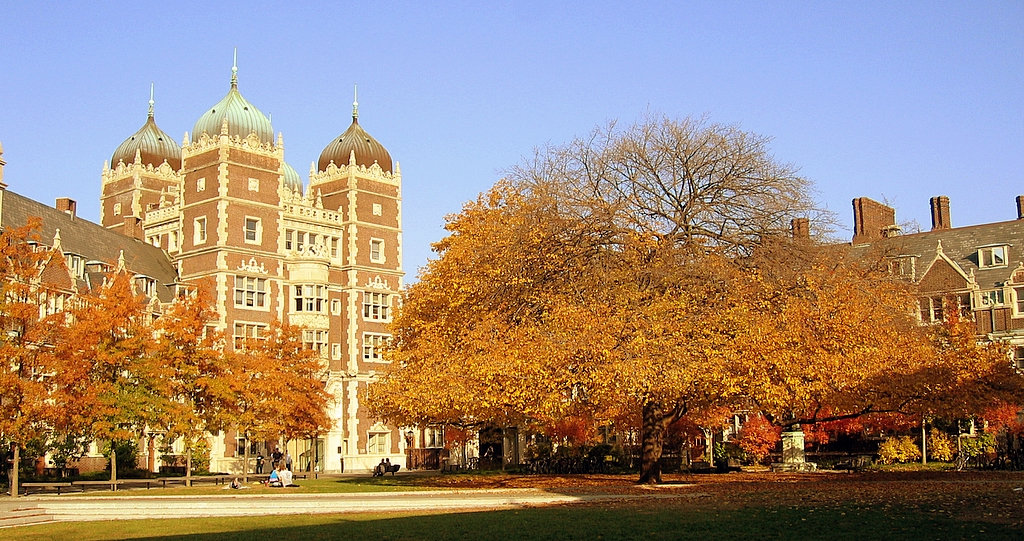
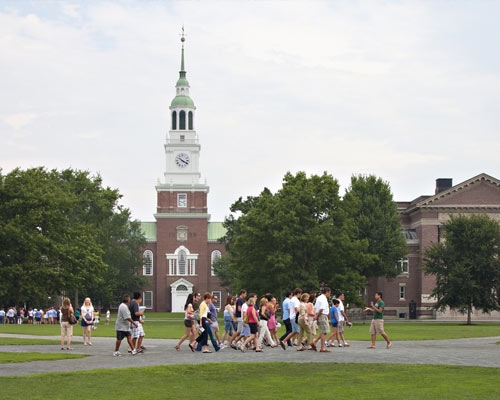
Got a query, Get in touch (+)
Social Media